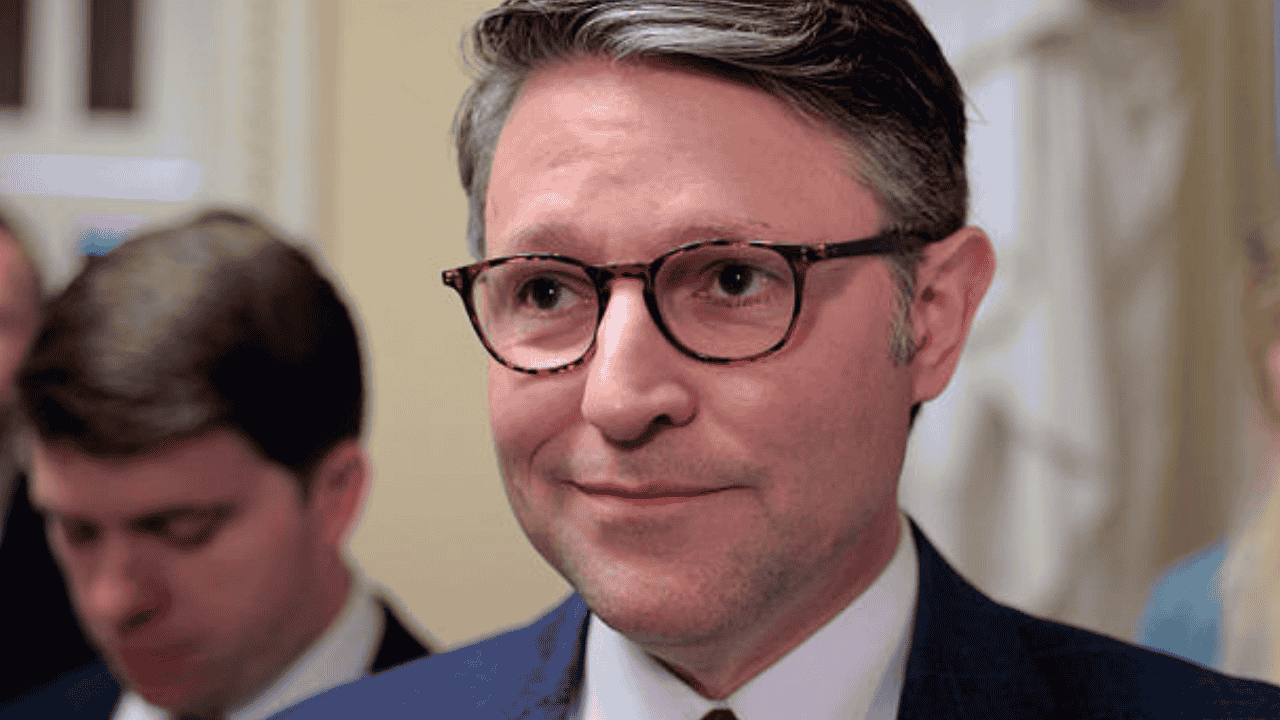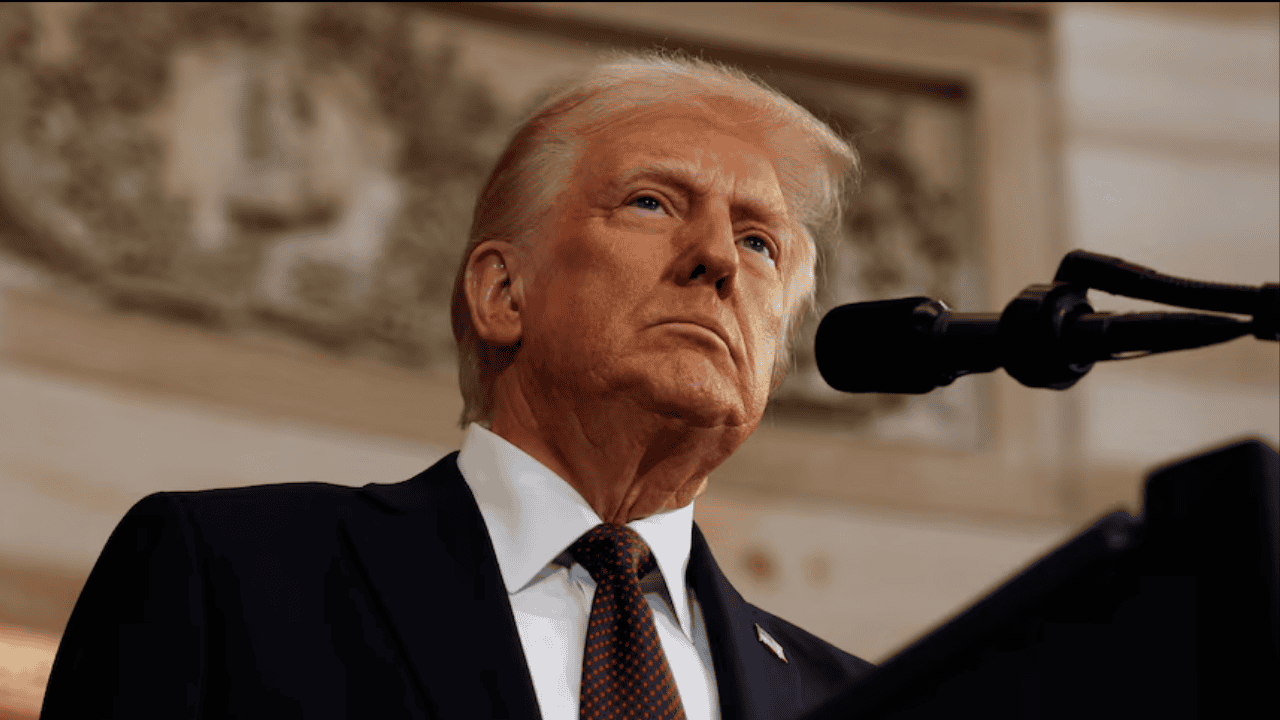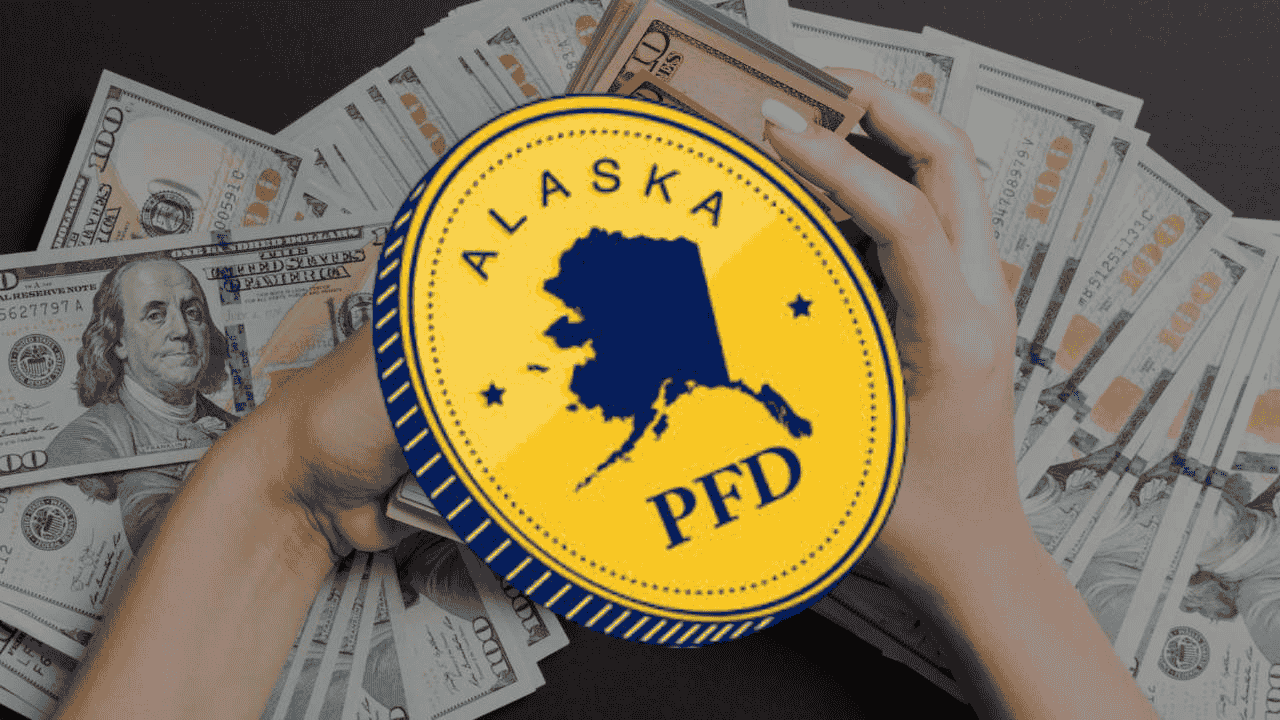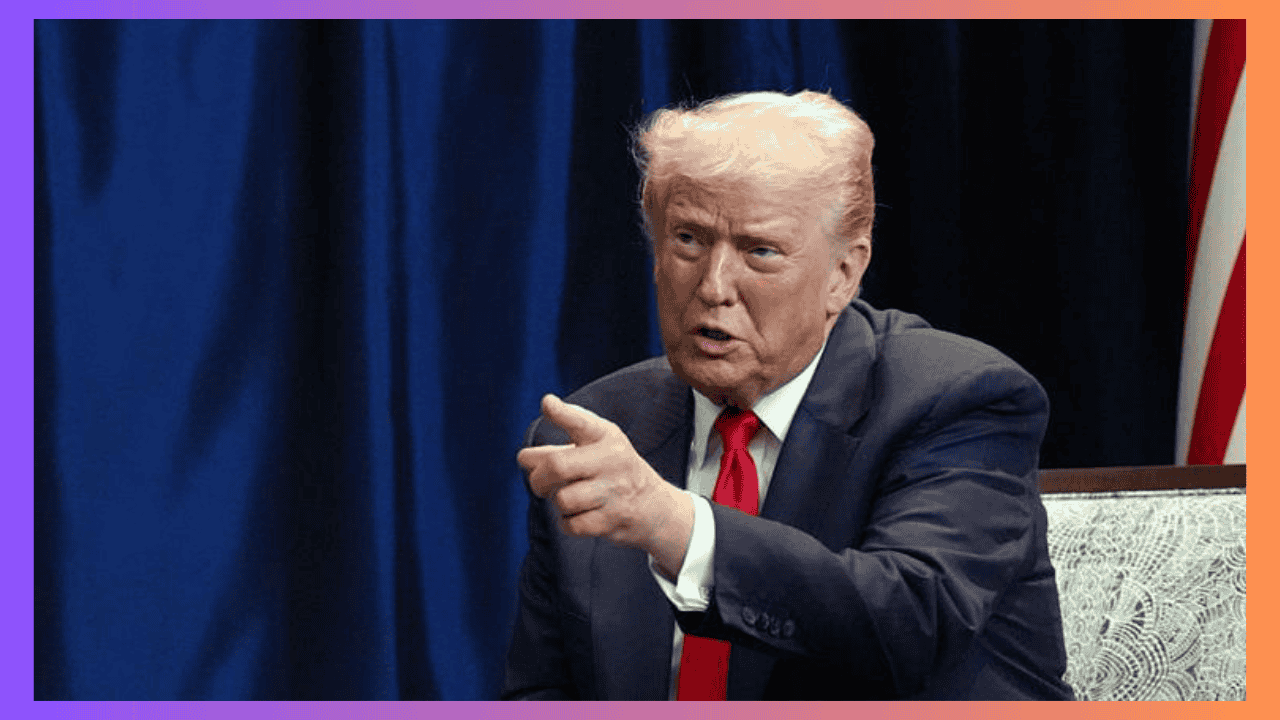A new report from a government watchdog group reveals that many of the donors contributing to President Donald Trump’s planned White House ballroom have major business interests before the federal government. The findings suggest that some of these contributors have benefited from billions in federal contracts and have faced recent investigations or enforcement actions.
According to the analysis, more than half of the companies involved have dealt with federal agencies over issues such as labor violations, consumer deception, and environmental harm. Despite growing scrutiny from lawmakers and ethics groups, the White House maintains that private donations reduce costs to taxpayers and that all contributions are being handled transparently.
The ballroom project, which has generated debate over its funding and demolition of part of the East Wing, continues to raise questions about political influence, transparency, and accountability in government projects tied to corporate donors.
Donors and Federal Business Connections
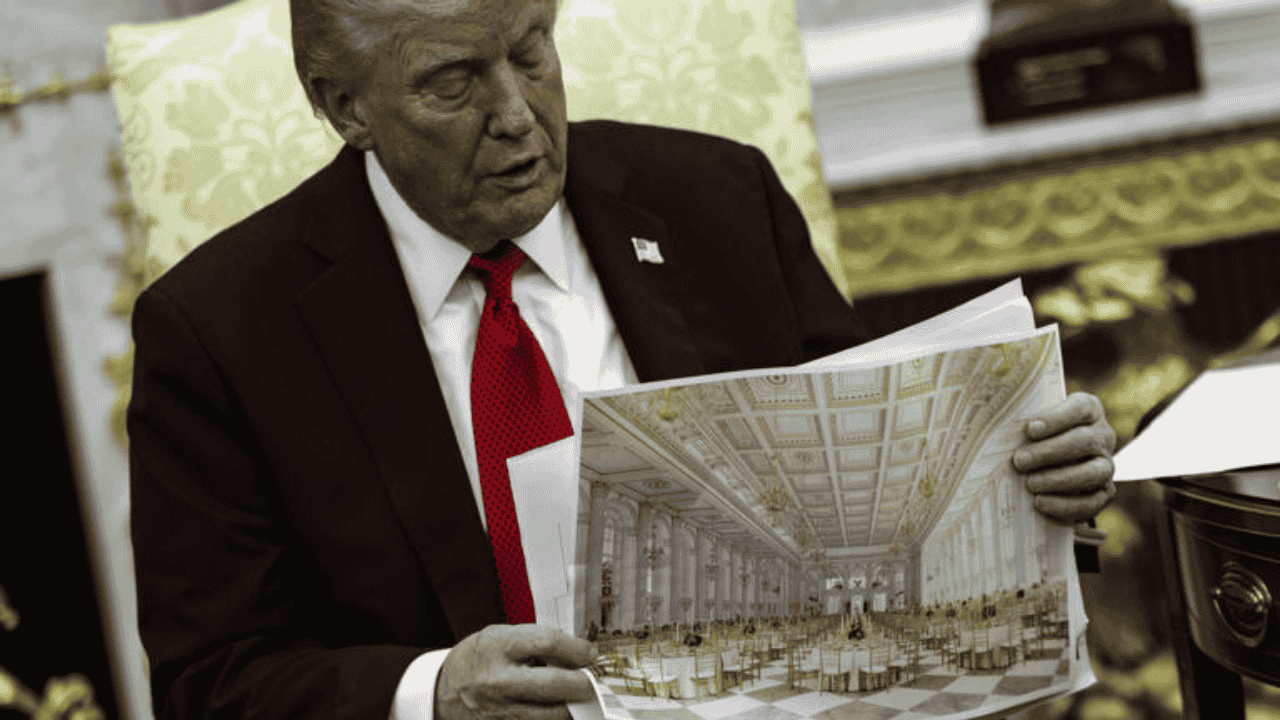
A report released Monday by Public Citizen, a nonprofit consumer advocacy group founded by Ralph Nader, shows that corporate and individual donors to Trump’s White House ballroom project have received a combined $279 billion in government contracts over the past five years. These same donors have also spent $1.6 billion on political contributions and lobbying during that period.
The list includes major players in technology, finance, and defense, such as Google, Comcast, and Lockheed Martin. Several companies on the list have active or recent business before federal agencies, while others have been investigated for regulatory or labor issues.
Public Citizen’s co-president, Robert Weissman, said the donors’ financial stakes create potential conflicts of interest. “These companies have enormous business before the federal government,” Weissman said. “Giving millions for a construction project tied to the president is small compared to the billions they stand to gain in federal decisions.”
Inquiries and White House Response
The White House has defended the practice of accepting private contributions for the ballroom project, valued between $200 million and $300 million. Press Secretary Karoline Leavitt stated that such donations help taxpayers by avoiding government spending, adding that donors represent “a range of respected American companies and individuals who want to leave a lasting contribution to the People’s House.”
Meanwhile, Public Citizen argues that the project raises ethical concerns. Weissman said public facilities like the White House should be funded by taxpayers, not corporations seeking influence. “If it’s the People’s House, the people should pay for it,” he said.
Only three companies named in the report — Lockheed Martin, Nvidia, and Microsoft — replied to requests for comment. Lockheed Martin said its collaboration with all administrations focuses solely on defense readiness, not political influence. None of the companies disclosed the amount donated, although Trump said at a donor appreciation dinner that some individuals gave as much as $25 million.
Ongoing Concerns and Investigations
According to the report, 14 of the listed corporate donors are currently under federal investigation or have had enforcement actions halted since the beginning of Trump’s second term. This includes Amazon, which faced accusations from the Department of Justice of concealing workplace injuries, and Apple, which benefited when the National Labor Relations Board dropped a labor-related claim earlier this year.
Public Citizen also noted that the White House donor list may not be complete. Three additional corporate donors, not publicly disclosed by the White House, were identified by CBS News. The New York Times reported that Trump’s fundraising team circulated donor forms allowing contributors to remain anonymous if they choose. The administration confirmed that it will publish only the names of those wishing to be publicly recognized.
Political and Legislative Reaction
Members of Congress have demanded more transparency about the funding and demolition process tied to the ballroom project. Senator Adam Schiff of California and Representative Bennie Thompson of Mississippi have requested complete documentation of deals with donors and the project’s financial structure.
Lawmakers also criticized the decision to demolish parts of the East Wing without congressional consultation or approval from federal preservation commissions. The demolition began in late October and was completed within three days.
“I can’t find drawings or permits for this project,” Representative Thompson said. “Then suddenly there’s a bulldozer tearing down part of the White House.”
Construction began in September following Trump’s July 31 announcement of the project. The ballroom, designed to hold nearly a thousand guests, is expected to be completed before the end of his term.




